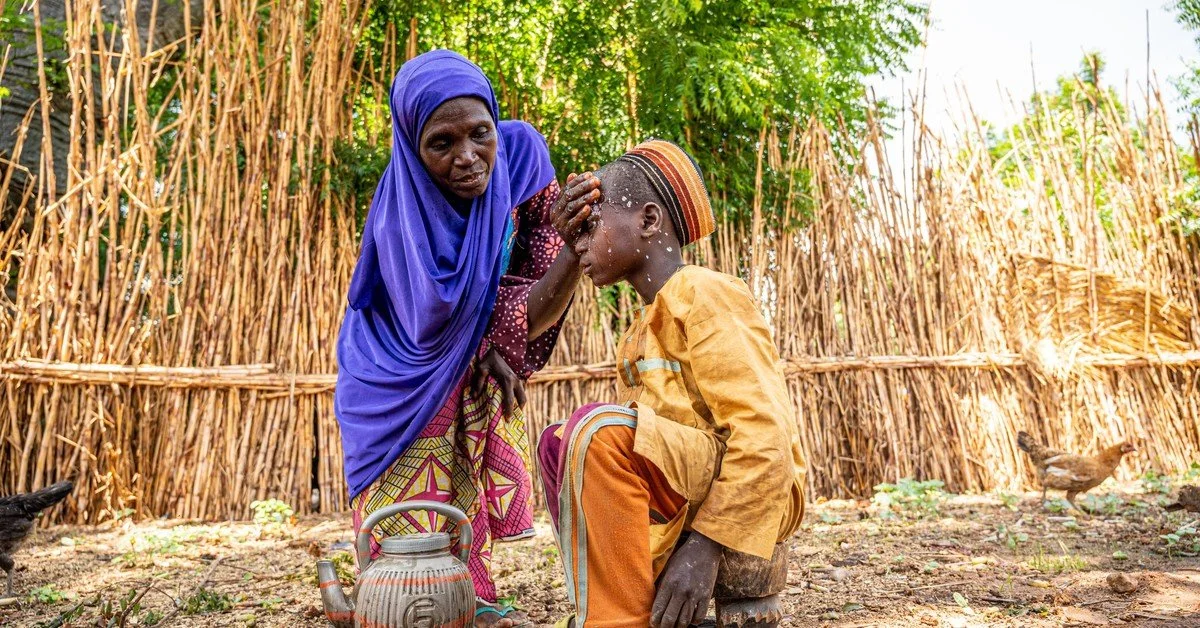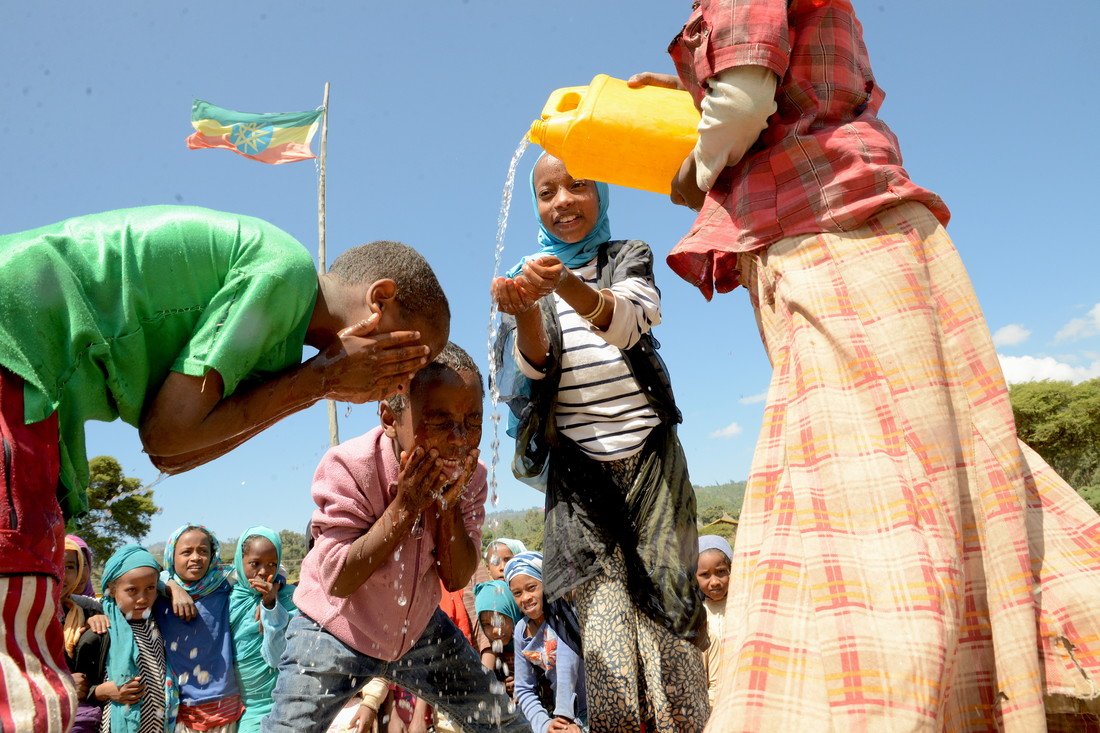Celebrating World Water Day #WorldWaterDay2022
Sha'atu Yusuf benefitted from HANDS/CBM Trachoma Surgery. Water points in her community is being rehabilitated to prevent Trachoma and other NTDS. - Copyright: CBM/NelsonApochiOwoicho
What is World Water Day?
Since 1993, the 22nd of March has been designated as World Water Day in recognition of the critical role that freshwater plays in human life.
The 2.2 billion people who do not have access to safe water are the focus of World Water Day, which celebrates water and raises awareness of the issue. To put it another way, it's about doing something about the worldwide water shortage. Sustainable Development Goal 6: water and sanitation for all by 2030 is a major goal of World Water Day.
In 2022, World Water Day is celebrated under the theme ‘’Groundwater: Making the Invincible visible’’. The overarching message of the campaign is that exploring, protecting and sustainably using groundwater will be central to surviving and adapting to climate change and meeting the needs of a growing population.
The right to water entitles everyone, including persons with disabilities, to have access to sufficient, safe, and affordable water. Yet inequity in society provides some people access to more water than they need:
· 2.2 billion people do not have access to clean drinking water in their homes – that’s about 3 out of 10 people.
· 579 million people collect water from unprotected and untreated water sources.
· Inadequate access to water and sanitary facilities contributes to the spread of neglected-tropical diseases such as Trachoma and Elephantiasis.
· People with disabilities are more likely to live in households without access to adequate water supply and sanitation.
Members of the "Trachoma School Club" show their fellow class/schoolmates how to wash the face properly in order to prevent trachoma. - Copyright: CBM/
TobiasPflanz
How CBM is providing safe, clean, drinking water
"Clean water is essential to prevent NTDs (Neglected Tropical Diseases) & sustain our elimination efforts. We need to ensure that WASH (Water, Sanitation & Hygiene) is inclusive and accessible to everyone." - Dr. Danny Haddad, Inclusive Eye Health & NTD Director of CBM Global
CBM works in over 20 countries to help provide access to clean water and reliable sanitation and to promote basic hygiene practices in rural and urban areas, including in emergency situations. We achieve better WASH results for persons with disabilities by:
· Humanitarian Action
· Increasing focus on sustainability
· Empowering communities
· Partnerships with OPDs
We have seen lives transformed and people with NTDs participating meaningfully in their communities through this WASH strategy of caring for persons living with a disability.

